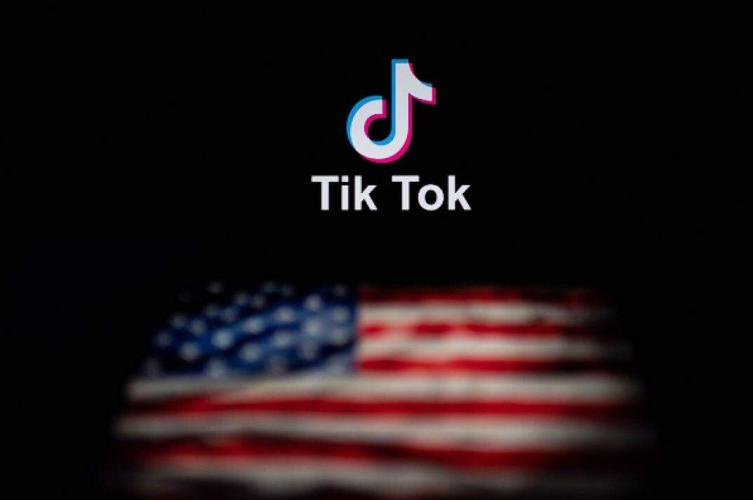
Video-sharing platform TikTok and its Chinese parent company, ByteDance, have argued that the US government could have issued less restrictive alternatives to address national security concerns without banning TikTok, but chose not to do so.
TikTok said in a court filing on Thursday that it had negotiated a 90-page national security agreement with the federal government to provide "multiple layers of safeguards and enforcement mechanisms," but that Congress ignored that foundation when it enacted the TikTok ban earlier this year.
TikTok and content creators on the company's platform have filed a legal challenge to a law signed by US President Joe Biden, which took effect in April and would ban the short video-sharing app if ByteDance doesn't spin it off on January 19.
TikTok said in the filing that it had spent more than a year negotiating an agreement with the United States that would mitigate any national security risks. For example, if the U.S. government determines that the company violated the agreement, TikTok could face hefty fines and the end of its U.S. operations. TikTok said the U.S. government abruptly withdrew from those discussions and sent a message in early 2023 that the social media platform would be forced to spin off its U.S. operations.
The document states: "The bill is unprecedented... Congress has never before explicitly singled out and shut down a particular forum. Never before has Congress silenced so much speech in a single act."
TikTok's filing said it was "technically, commercially or legally impossible" for ByteDance to spin off TikTok. "Even if a spin-off is feasible, TikTok will remain a shell in the US without the innovation and expression technology to tailor content to each user."
TikTok said there was no evidence the app posed a national security threat to the United States.
In a statement Thursday, the Justice Department said the bill "addresses critical national security concerns in a manner consistent with the First Amendment and other constitutional limitations." The Justice Department has vowed to defend the legislation in court.
Justice Department lawyers have until Dec. 26 to respond to TikTok's arguments. "Like others in our intelligence community and in Congress, the Department of Justice has been warning about the threat of repressive nations that could weaponize technology - such as the apps and software running on our phones - against us." This threat is compounded when these authoritarian states demand that companies under their control secretly provide sensitive data to their governments."

On January 7th local time, GameStop (GME.US) announced that the company's board of directors had approved a potential executive compensation package worth $3.54 billion, which was targeted at the company's CEO, Ryan Cohen. At the same time, this new compensation package set extremely high performance thresholds: Cohen, the CEO, needed to increase the company's market capitalization from $9.5 billion to $100 billion.
On January 7th local time, GameStop (GME.US) announced that…
According to the British media The Guardian, recently US Pr…
In today's era of deep integration of globalization and dig…
In early 2026, US President Trump forcibly took control of …
Recently, the corn market dynamics analysis released by Aus…
Donald Trump has proposed an "immediate" restriction on lar…